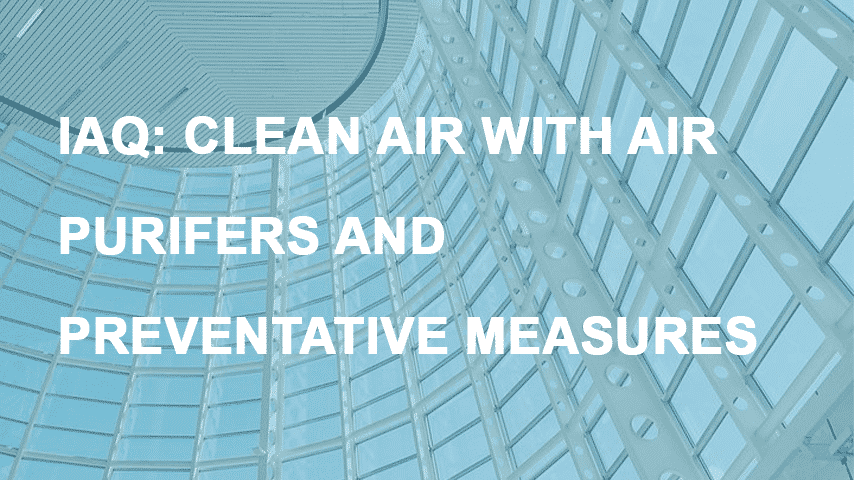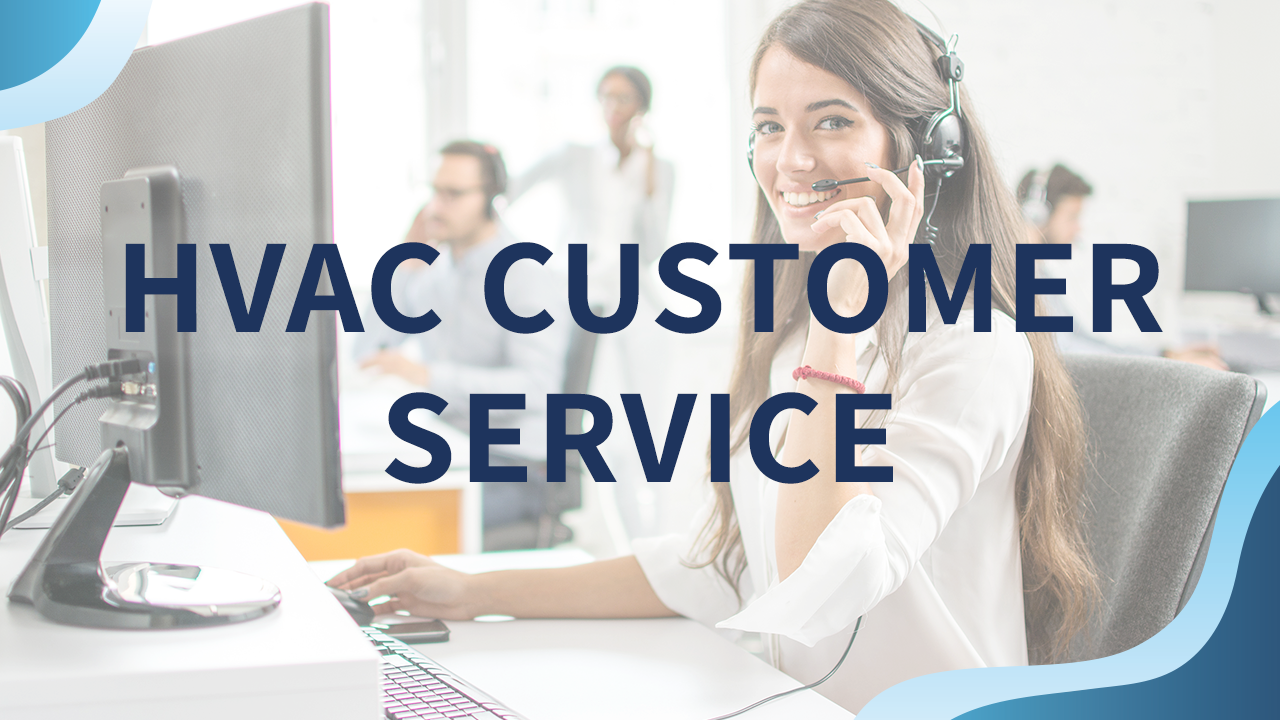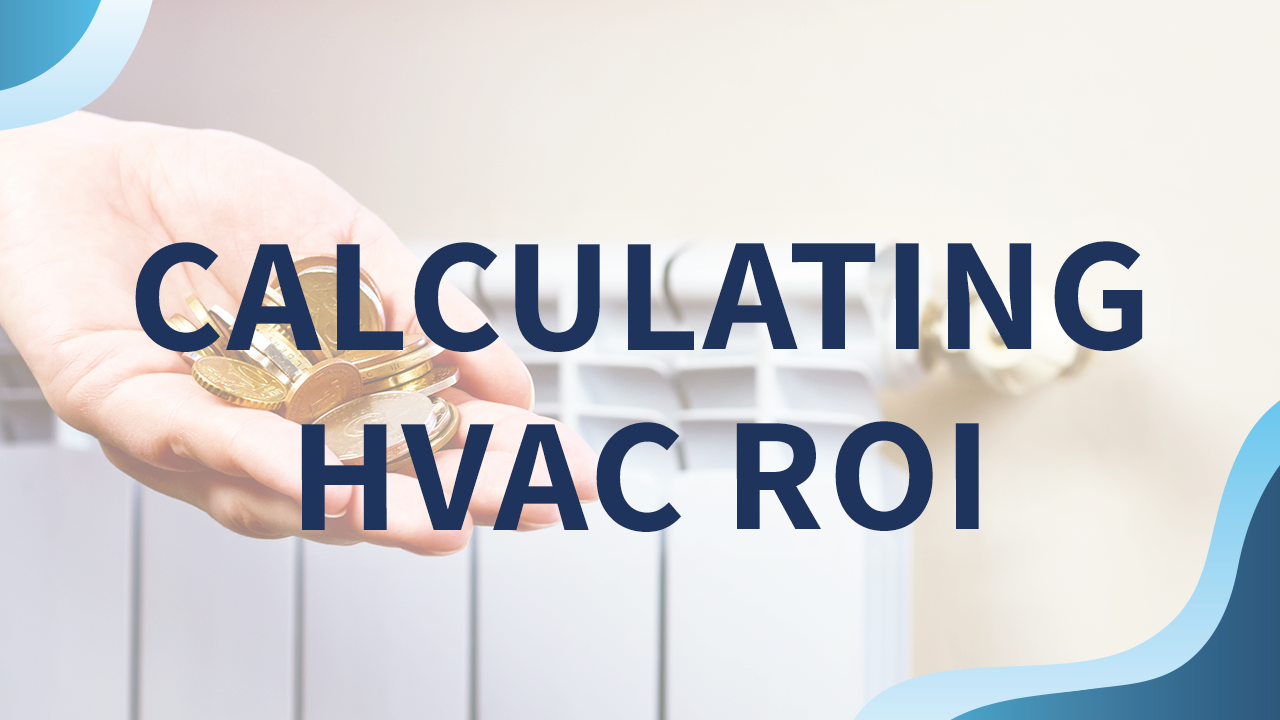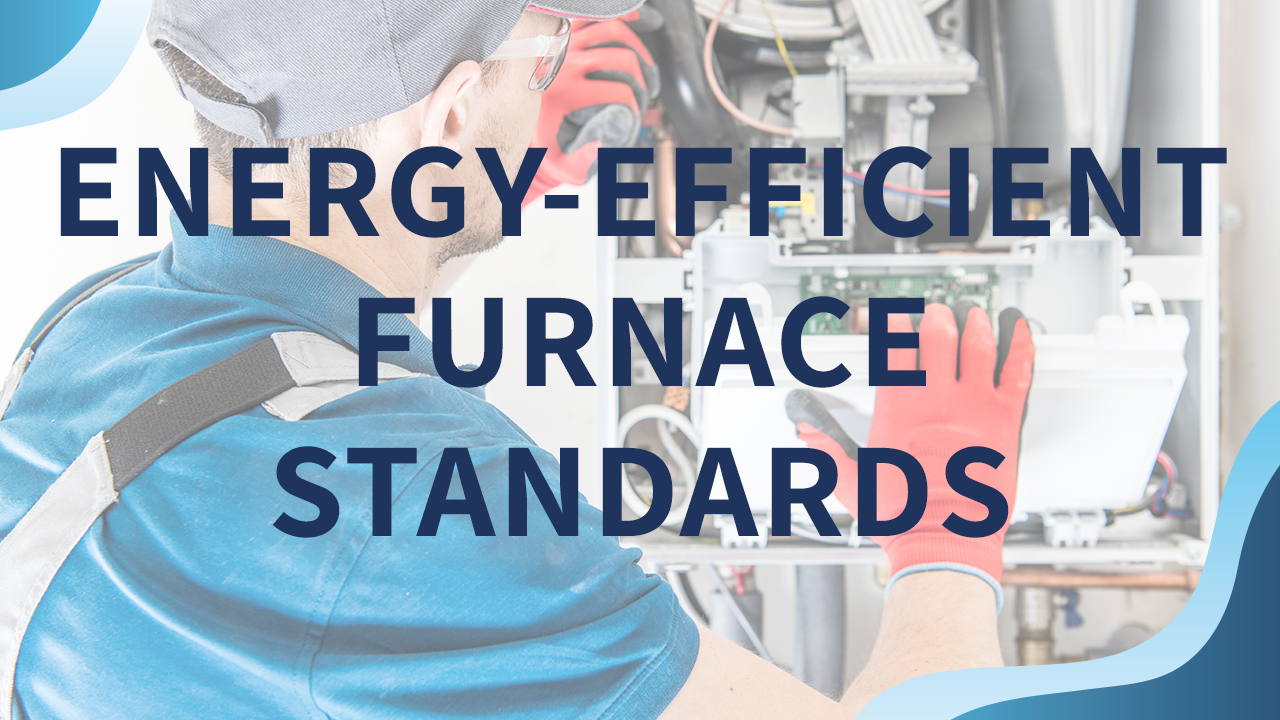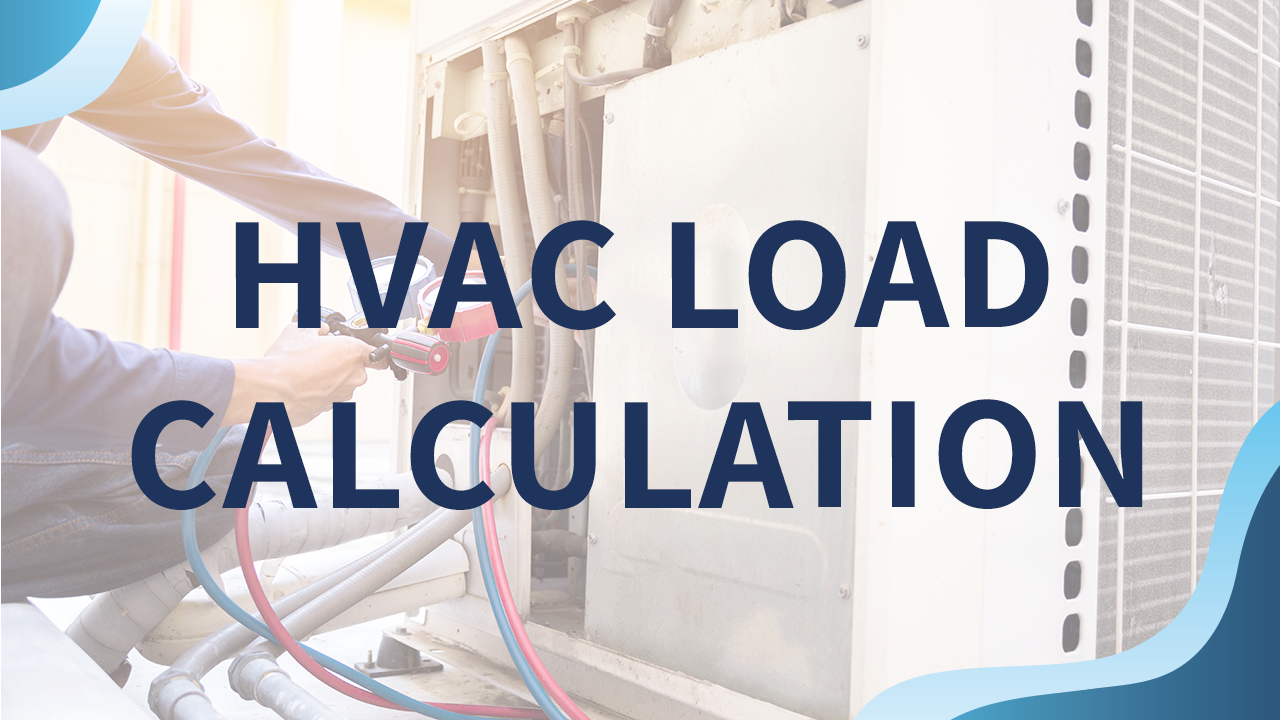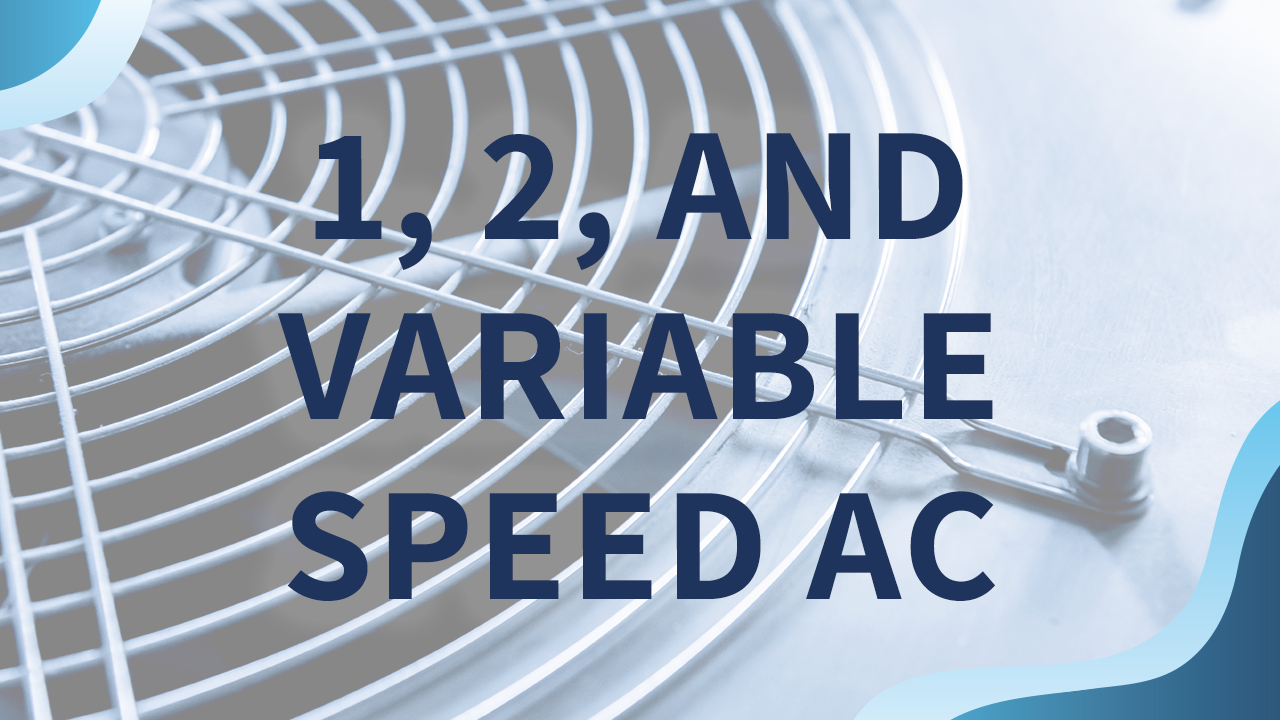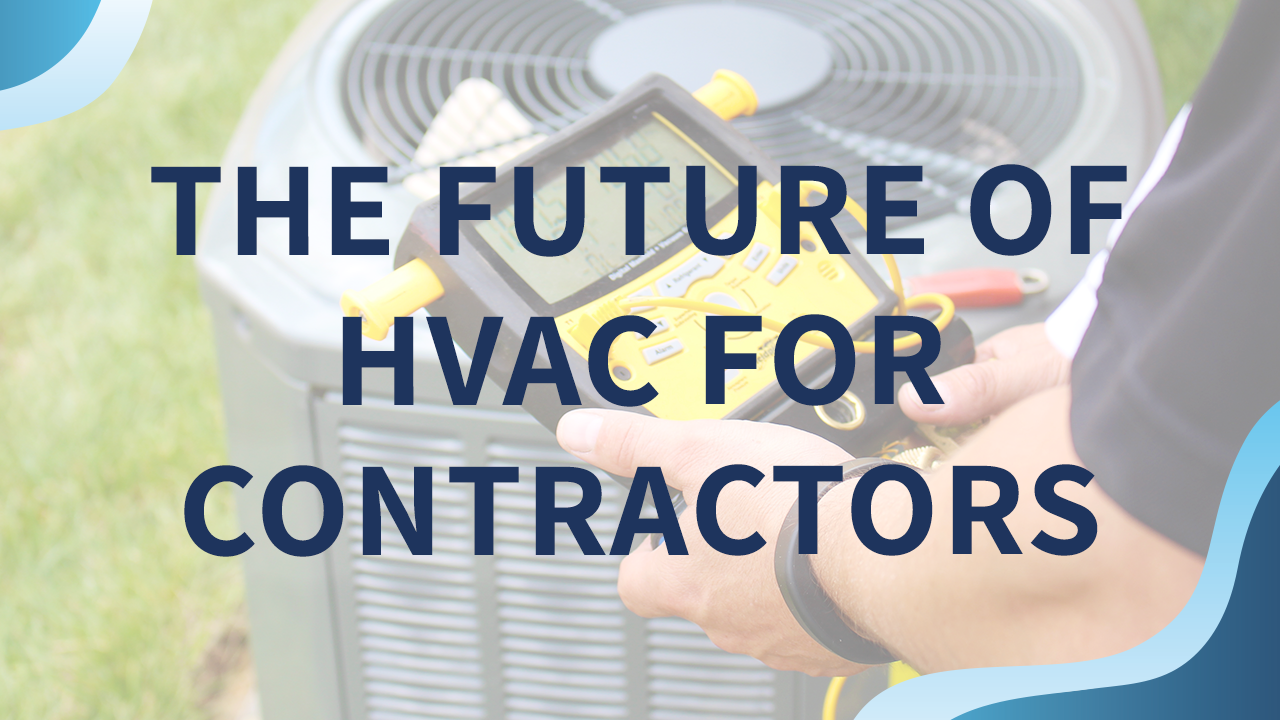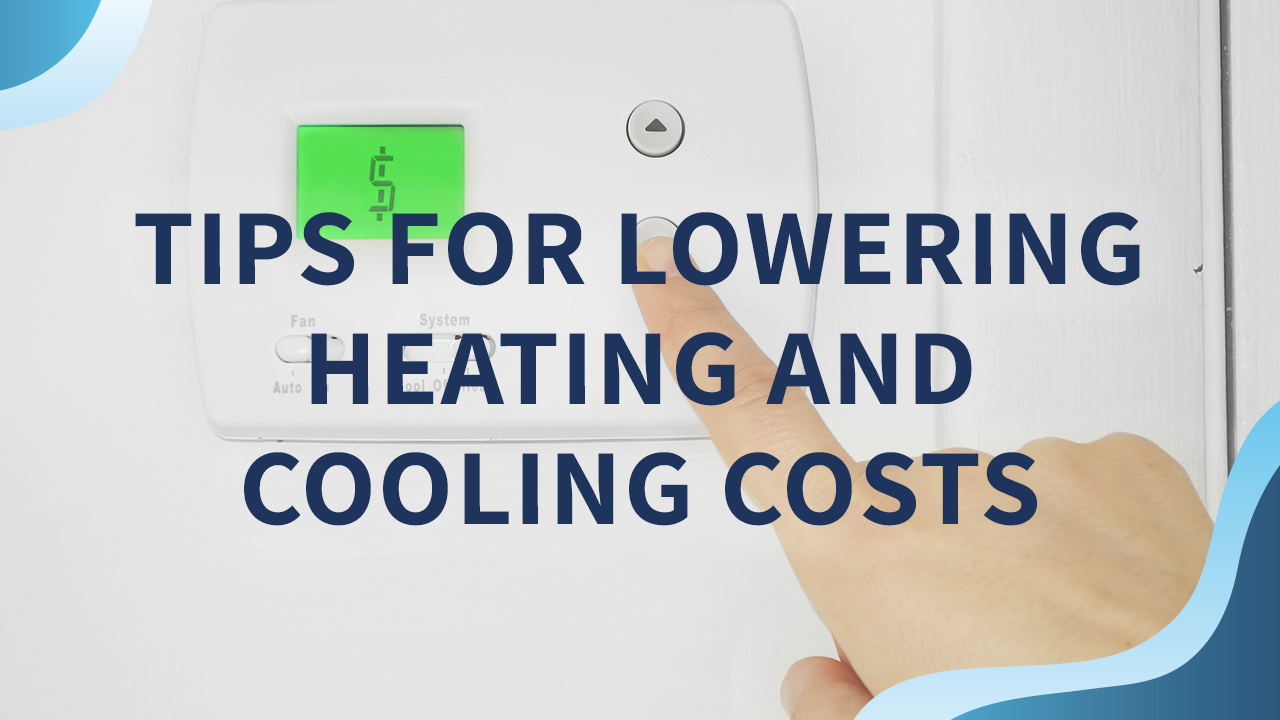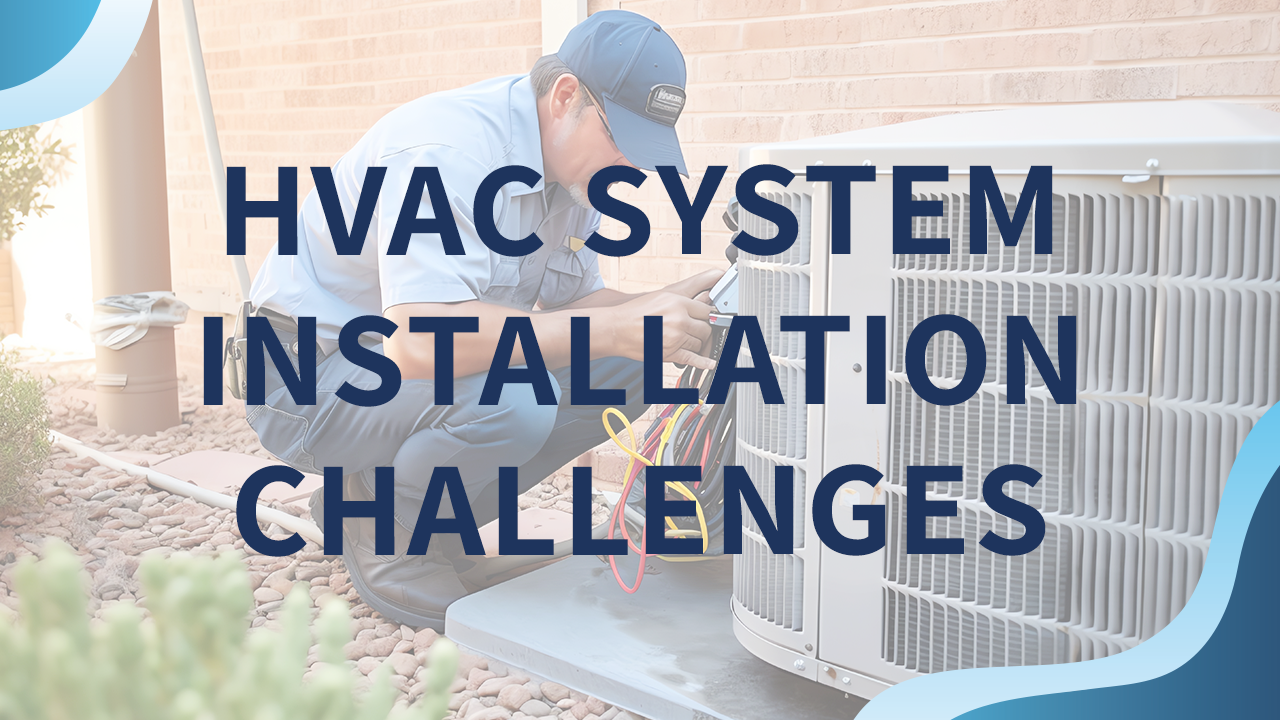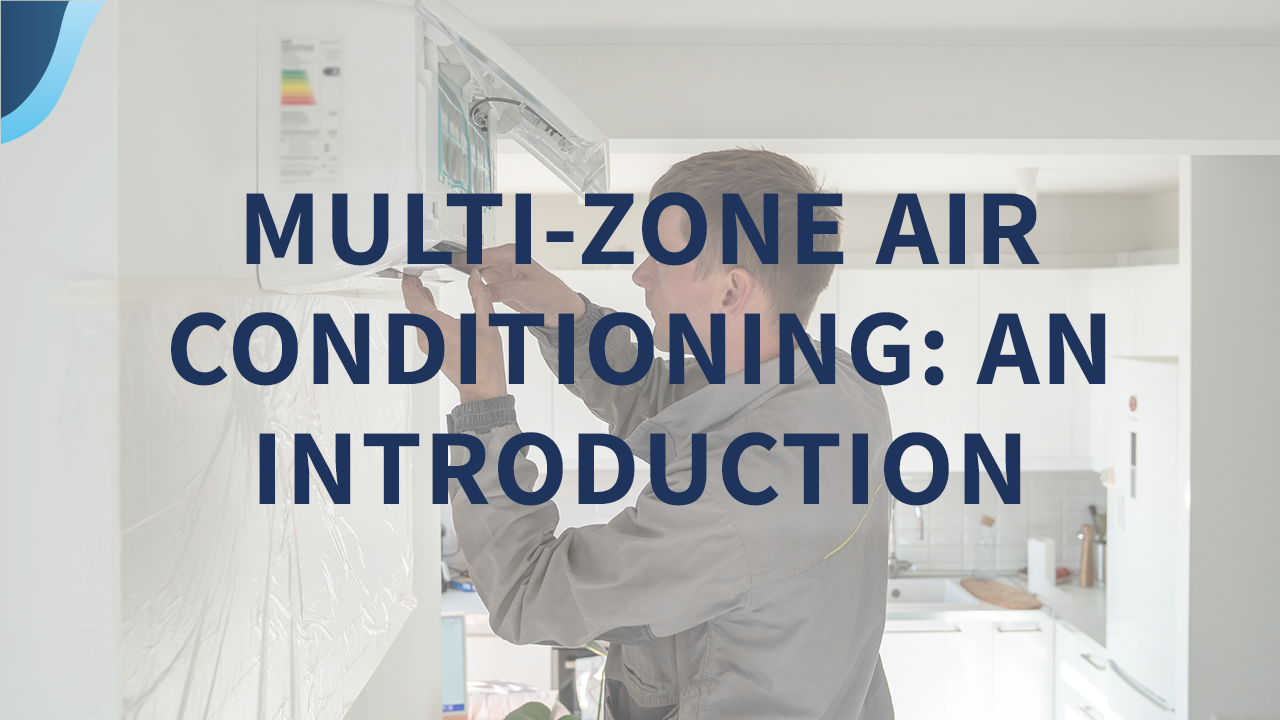The air in your home can become contaminated with various pollutants that can harm your health and put more stress on your HVAC system. Contaminates such as smoke, paint, pollen, dust, bacteria, and viruses can linger in the air if they’re not caught by an air purifier. If you find yourself sneezing, getting headaches, and coughing in your home, the absence of an air purifier could be your problem. This is especially important for those who suffer from asthma.
Air purifiers can help reduce these indoor pollutants while simultaneously sanitizing the air. Although an air purifier won’t be able to remove all of the pollutants, when paired with a filter, such as a high efficiency particulate air (HEPA) filter, air purifiers are effective at keeping your air clean. According to the EPA, HEPA filters can remove at least 99.97% of dust, pollen, mold, bacteria, and other airborne particles.
A smart air purifier can further monitor and control your air quality. Many smart air purifiers can: connect to WIFI to see live data of your air quality, identify what kind of toxins are in your air, determine when toxin levels become unsafe, review your air quality’s history, and receive alerts when your filter needs replaced. Some air purifiers have voice control, the ability to schedule according to energy efficiency and schedule future cleanings. Additionally, some purifiers include advanced features such as UV lights for a more sterile environment and carbon filters to help filter out unwanted odors.
Although air purifiers are effective in removing particles, you can take steps to prevent harmful pollutants from contaminating your indoor air by doing the following:
- Frequently vacuum your furniture, rugs, and carpet. Using a vacuum that has a HEPA filter will be the most effective.
- Minimize the use of indoor wood fireplaces, avoid smoking, and limit candle use.
- Regularly change your air filters. You will need to do so every 60 to 90 days.
- Open windows to remove fumes from cooking and harsh cleaning chemicals. Consider switching from synthetic cleaning products to those that are natural and non-toxic.
- Frequently wash your bedding, especially if you have pets.
- Ensure your home maintains the correct humidity to prevent mold and mildew growth. The EPA suggests keeping a humidity level between 30-50%.
